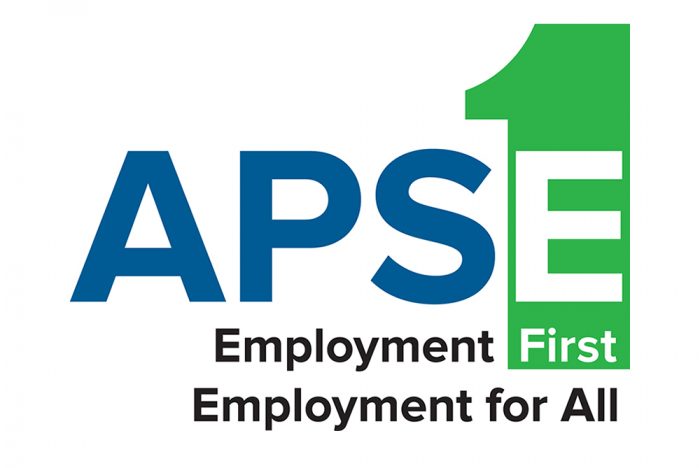Here’s Where You Can Get Free N95 Masks
Finance & Reimbursement Committee Meeting Rescheduled to February 24
We apologize for any confusion but due to scheduling conflicts, we have made a change to the date for the February meeting of the RCPA Finance and Reimbursement Committee meeting. Please disregard the reminder announcement that went out earlier today.
The RCPA Finance and Reimbursement Committee meeting has been rescheduled for Thursday February 24, 2022, 10:00 am–12:00 pm. If you have already registered for the February 10 meeting, your registration will be transferred to this new date. If you have not yet registered for the meeting, but would like to, you can do so here.
Thank you for your understanding.
$225M in Federal COVID-19 Relief Slated for Pa. Health Care Workers
Join RCPA to Discuss Moving Beyond the Carve-out/Carve-in Debate
RCPA is pleased to offer this webinar on Tuesday, January 25, 2022, at 1:00 pm to discuss moving beyond the Carve-out/Carve-in debate.
In an age of integrated care, specialty behavioral health care matters. For more than two decades, the debate of what to do in Medicaid managed care with physical health care (PH) and behavioral health care (BH) centered on the question: should a state carve-out BH from PH managed care contracts or carve-in BH to PH managed care contracts? This presentation will focus on the most current answers to that question. Please register here if you have not registered yet for this event.
Presenters include:
- Charles G. Curie, Principal, The Curie Group, LLC;
- Jennifer Black, Vice President Business Development, Beacon Health Options;
- Michael Quinn, CEO, Chestnut Ridge Counseling Services; and
- Doyle Forrestal, Chief Executive Officer, Colorado Behavioral Healthcare Council.
Panelists will review:
- Pennsylvania’s Behavioral HealthChoices;
- Discuss managed care models utilized in other States; and
- Asses how the debate is changing from carve-out vs. carve-in to a focus on contractual standards and accountability.
Achieving whole-person care and addressing social determinants of health by doing specialty behavioral health care directly through various Medicaid managed care approaches will be considered. While there will be an opportunity to ask questions at the time of the presentation, we encourage you to submit questions in advance to Tina Miletic.
Please register here to attend this webinar. We look forward to your participation!
ANCOR Capitol Correspondence: Now is the Time to Support the HCBS Program!
Here’s How to Get Free N95 Masks From Pharmacies or Community Health Centers
Reminder: RCPA Member Webinar on COVID-19 — February 4, 2022
Transition Age Youth (12–21) and Parent/Family Caregivers Needed for Focus Groups!
Please help the Pennsylvania Department of Health, Bureau of Family Health find out what is needed to support transition age youth with special health care needs/disabilities. The Bureau is working with PEAL to outreach to families and will be asking questions about transition planning, bullying, safe relationships, and reproductive health and sexuality.
A $25 Gift Card will be provided per family. We are looking for young adults (12–21) to participate by themselves and also for young adults to participate with their family member to support communication. You can view the flyer for more details here.
Registration for Youth Only
If you are younger than 18, please ask your parent/guardian to register with you.
REGISTER
Registration for Youth Attending with Parent/Family Caregiver
REGISTER
You will need to fill out a form to receive your $25 gift card. If you are ages 12–17 and participating alone in the focus group, you will need parent signatures to receive a gift card and a release form to participate. The links to complete the forms below. Please save and send to Mary Hartley, whose contact information is also below.
If you need any accommodations, support, or have questions, please contact Mary Hartley via email or call (412) 281-4404, ext. 208. We are happy to help!
APSE Mid-Atlantic Regional Event — March 7
Register for the Mid-Atlantic Regional APSE Event
Monday, March 7, 2022
9:00 am–12:00 PM
APSE’s Mid-Atlantic Region includes state chapters in Pennsylvania, Virginia, and Maryland.
The Mid-Atlantic Region will have 2.5 hours of educational content focusing on Using Assistive Technology in the Workplace and Leadership and Management Development. PLUS networking opportunities to meet peers within your region.
Registration: $25 for members/$35 for non-members. Business members register free! You are welcome to attend any of the events with a separate registration.
Register, and even if you can’t make it, you’ll have access to the content and recording for 30 days.
Continuing Education Credit: After the live event, APSE will provide proof of attendance for any credentials or a continuing education credit. The regional events are pre-approved for 2.5 hours of CESP Continuing Education.

















